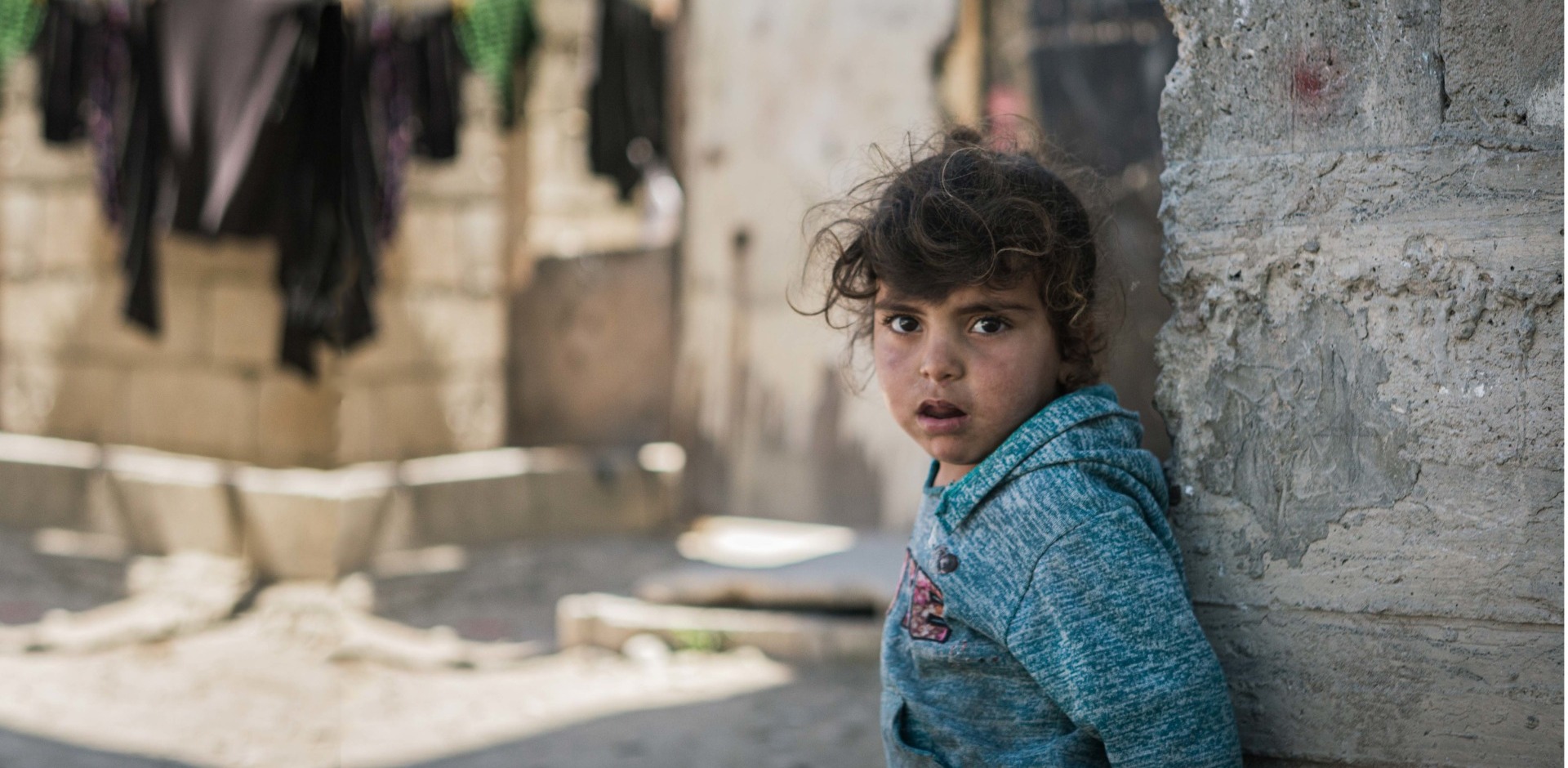
Gaza Crisis Appeal
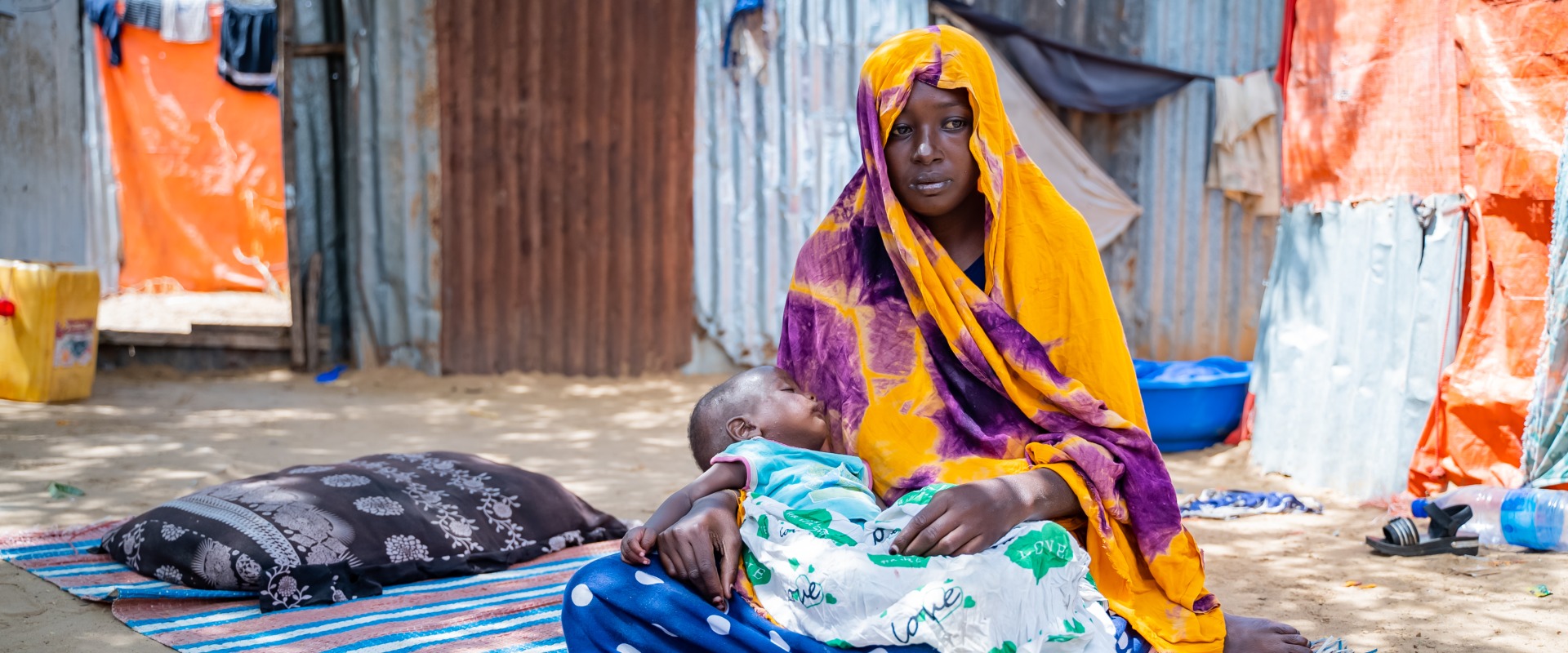
While widespread famine is not “the most likely scenario” between now and June 2023, a risk of extreme acute food insecurity remains, according to a new report released on February 28 by the Integrated Phase Classification (IPC) system, a food security framework that includes governments, UN agencies, NGOs, and others.
Still, as many as 223,000 people in the drought and conflict-affected areas of Somalia are projected to face catastrophic hunger conditions in the coming months. In Somalia, 6.5 million people are experiencing crisis levels of hunger, and 1.8 million children are expected to be acutely malnourished this year.
“The latest IPC report means that that large-scale humanitarian assistance is working. But this should not signal complacency. Now is the time to continue scaling up, not scaling back,” said Ahmed Khalif, Action Against Hunger’s Country Director for Somalia. “To the contrary – we need to increase our efforts to save children’s lives.”
With another rainy season predicted to fail this spring, Action Against Hunger urges donors to provide more sustainable, flexible funding to stave off hunger catastrophes.
Action Against Hunger continues to see an alarming deterioration in food security and malnutrition in many of the Somali communities where it works. For example, our early 2023 nutrition survey revealed near-famine levels of malnutrition in the Elberde district: 29.5% of those surveyed were acutely malnourished, just a half a percentage away from one of the famine criteria. The IPC report also states that the agropastoral communities of Burhakaba district in the Bay Region and displaced populations in Baidoa and Mogadishu face “a risk of famine.”
In some of Somalia’s other districts, reliable data is not available. The same conditions that cause hunger—such as conflict and displacement—are the ones that make it incredibly difficult to gather the data needed to determine if famine is occurring.
“While the IPC is a helpful tool, the famine declaration process is imperfect,” explained Khalif. “We can’t wait for a famine declaration to act. When the data shows a crisis is looming, we must act quickly to save lives. Needs are growing faster than the funds we need to help.”
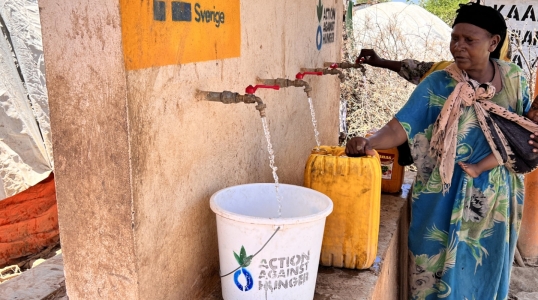
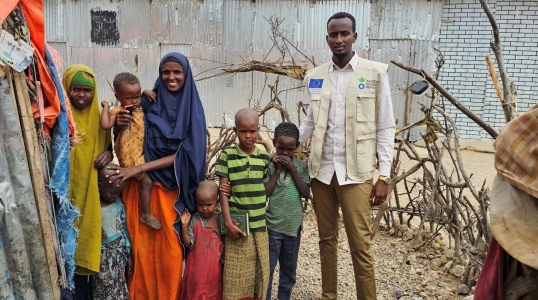
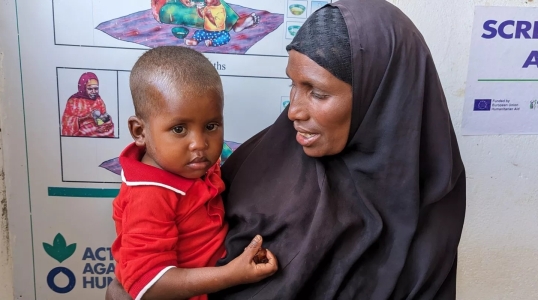
Join our community of supporters passionate about ending world hunger.